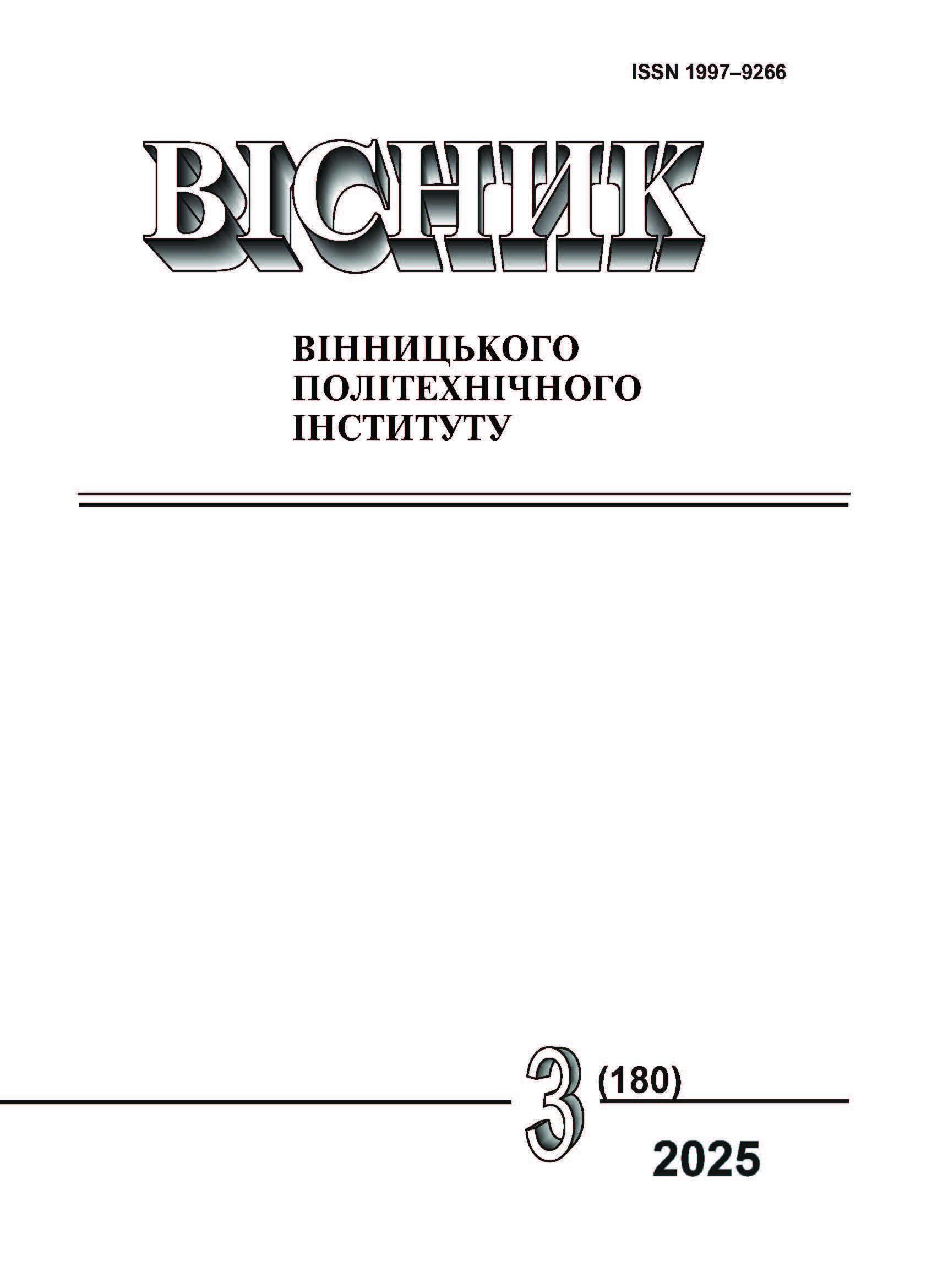Method for Assessing the Effectiveness of Knowledge Management Using Modern Information Systems
DOI:
https://doi.org/10.31649/1997-9266-2025-180-3-147-152Keywords:
управління знаннями, інформаційні системи, знання, неявні знанняAbstract
The article presents a comprehensive analysis of modern approaches to the classification of knowledge and the organization of knowledge management systems in the context of contemporary organizational functioning. Main types of knowledge—explicit and tacit—are examined, including their characteristics, differences, and the specifics of their formalization and transfer within corporate environments. Various methods for structuring knowledge are systematized according to the type of project being implemented, the sectoral specifics of the enterprise, its operational context, organizational culture, and strategic priorities.
Particular attention is devoted to evaluating the effectiveness of modern knowledge management tools, such as Jira, Confluence, and SharePoint, which are widely used in IT project management and corporate administration practices. It has been identified that, despite their significant functional potential, these systems exhibit limitations in several critically important aspects, such as ensuring the relevance of knowledge, integration with dynamic business processes, and support for working with tacit knowledge, which often remains outside formal information structures.
Within the scope of the study, a method for assessing the effectiveness of knowledge management is proposed, based on the development of a quantitative model. This model enables a formalized analysis of existing knowledge management systems (KMS), identification of their weaknesses, and determination of directions for further improvement. The proposed mathematical model for quantitative assessment considers key factors such as the degree of knowledge formalization, the level of practical knowledge usage, content relevance, the breadth of subject matter coverage, and the degree of integration with business processes.
The modeling results support the hypothesis regarding the limited effectiveness of existing KMS in rapidly changing organizational environments, which are characterized by high levels of uncertainty and the need for flexible and adaptive knowledge mechanisms. Based on an analytical example, it is demonstrated that traditional approaches to knowledge management do not adequately support the processes of tacit knowledge generation, transformation, and utilization.
In conclusion, the necessity and relevance of developing a new knowledge management systems is substantiated. These systems should be more flexible, context-sensitive, equipped with built-in analytical tools, and capable of processing unstructured information while supporting work with tacit knowledge. Such systems can serve as strategic tools for ensuring organizational competitiveness in the knowledge economy.
References
T. Gao, Y. Chai, and Y. Liu, “A review of knowledge management about theoretical conception and designing approaches,” Int. J. Crowd Sci., vol. 2, no. 1, pp. 42-51, 2018. https://doi.org/10.1108/IJCS-08-2017-0023 .
L. García-Ruesgas, Á. Blanco, and P. Blanco, “Technique of Classification, Organization, Creation, and Use of Collective Knowledge,” J. Inf. Technol. Res., vol. 15, pp. 1-16, 2022. https://doi.org/10.4018/JITR.298622 .
O. Kovalenko, Y. Palamarchuk, and R. Yatskovska, “Assessing the level of maturity of the automated management system of a higher education institution,” in Proc. IEEE 16th Int. Conf. Comput. Sci. Inf. Technol. (CSIT), Lviv, Ukraine, Sep. 2021. https://doi.org/10.1109/csit52700.2021.9648663 .
Microsoft, SharePoint collaboration. [Electronic resource]. Available: https://shorturl.at/pVgNu .
Zendesk, “Customer service software & sales CRM,” [Electronic resource]. Available: https://www.zendesk.com .
T. H. Davenport, and L. Prusak, Working Knowledge: How Organizations Manage What They Know. Boston, MA, USA: Harvard Business School Press, 1998.
M. Alavi and D. E. Leidner, “Review: Knowledge Management and Knowledge Management Systems: Conceptual Foundations and Research Issues,” MIS Q., vol. 25, no. 1, pp. 107-136, 2001.
A. Tiwana, The Knowledge Management Toolkit: Orchestrating IT, Strategy, and Knowledge Platforms, 2nd ed. Upper Saddle River, NJ, USA: Prentice Hall, 2002.
Downloads
-
pdf (Українська)
Downloads: 57
Published
How to Cite
Issue
Section
License

This work is licensed under a Creative Commons Attribution 4.0 International License.
Authors who publish with this journal agree to the following terms:
- Authors retain copyright and grant the journal right of first publication.
- Authors are able to enter into separate, additional contractual arrangements for the non-exclusive distribution of the journal's published version of the work (e.g., post it to an institutional repository or publish it in a book), with an acknowledgment of its initial publication in this journal.
- Authors are permitted and encouraged to post their work online (e.g., in institutional repositories or on their website) prior to and during the submission process, as it can lead to productive exchanges, as well as earlier and greater citation of published work (See The Effect of Open Access).





